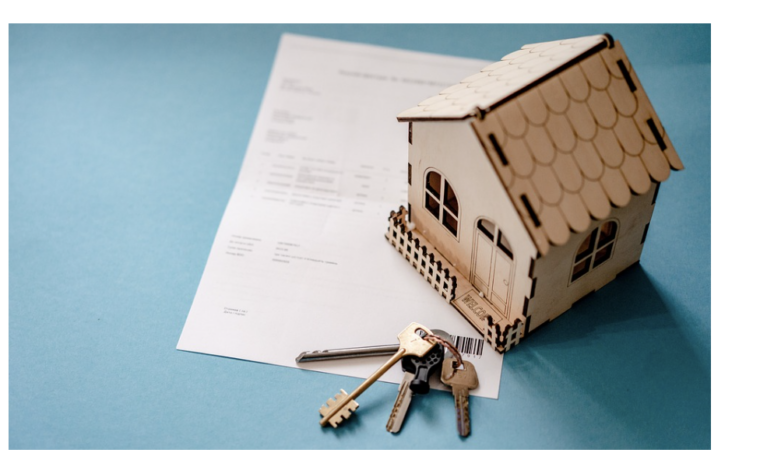The 5 Things You Should Do Straight Away if You Might Not Be Able to Make Your Mortgage Payments
Image Source: Pixabay
Late mortgage payments can do a lot of harm, from dealing a significant blow to your credit score to foreclosure (seizing and selling the property to settle the debt).
To minimize the damage that comes with defaulting payment, you need to be proactive and contact your mortgage lender as soon as you can. Together, you can look at the best options for both parties.
In that regard, here are five things you need to do immediately if you are unable to make your mortgage payments.
Modify Your Mortgage Loan
Meeting with your lender to modify your mortgage terms is best if you perhaps have to take on more responsibilities, and won’t be able to keep up with your usual monthly installments.
Revising your mortgage means that the repayment terms are permanently adjusted to better fit your current financial capabilities. Your options may include interest rate reduction, and stretching out the repayment period.
Also, while your mortgage lender is under no obligation to indulge you in this, showing them that a major change has happened to your finances, and having a good credit score increases your chances.
Rent Out Your Home
Renting out your home is probably not an easy decision to make, but it may be a good option to raise the money to take care of your mortgage payments.
If you decide to do this, you need to know that a great deal of liability still rests on you.
Renting out your home opens you up to higher property insurance and regardless you will still have to pay the installments due during the process of arranging the rental.
You will also need to spend more on home maintenance to ensure your home meets and maintains the appropriate living conditions.
Forbearance
Forbearance is another great way to avoid foreclosure, without any fees or additional interest. It is an agreement whereby your lender allows you to reduce or pause your mortgage payment for at most one year, depending on the terms.
This doesn’t cancel out the payment not made in the span of the forbearance agreement, because you will be required to pay the excused amount either through a repayment plan or by paying a lump sum. It just helps you pay at a more convenient pace.
Look Into Refinancing Your Mortgage
Refinancing your mortgage simply means replacing your existing mortgage with a new one. The way it works a retail mortgage lender switches out your existing loan terms with another, translating to altered terms and interest rates.
Refinancing gives you the option of longer payment plans and a lower interest when compared to your current loan. Additionally, you can also get a cash-out to refinance that lets you withdraw some cash on your home’s equity to cover up other expenses.
Typically, it is best to refinance when you own at least 20% of your home’s value (home equity) because only then can you afford to do so without getting insurance.
Before refinancing, you should consider the duration of the process which can be weeks or months, and the closing costs. However, with all things considered, you can get a reasonably lower interest than your current mortgage.
Short Sale
A short sale is an agreement where your mortgage lender agrees to accept a reduced amount than the money you owe to facilitate a sale. Essentially, you will be getting out of the mortgage agreement by paying a lesser amount of money than you should.
It is typically the option to turn to when you have missed several payments and owe more than what the house is worth. A short sale will be registered as a negative entry on your credit report.
However, it has some pros over foreclosure which include a smaller negative hit to your credit score, and the possibility to avoid deficiency judgment (the monetary penalty for not meeting the terms of a loan).
It is also important to know that based on the state you reside, your forgiven deficiency judgment may be seen as taxable income.

